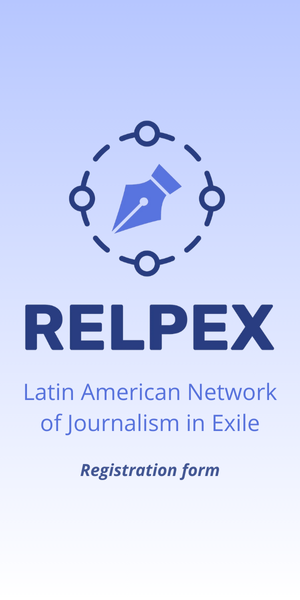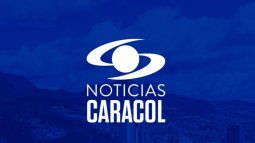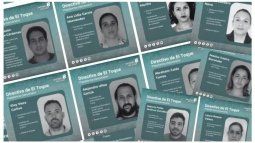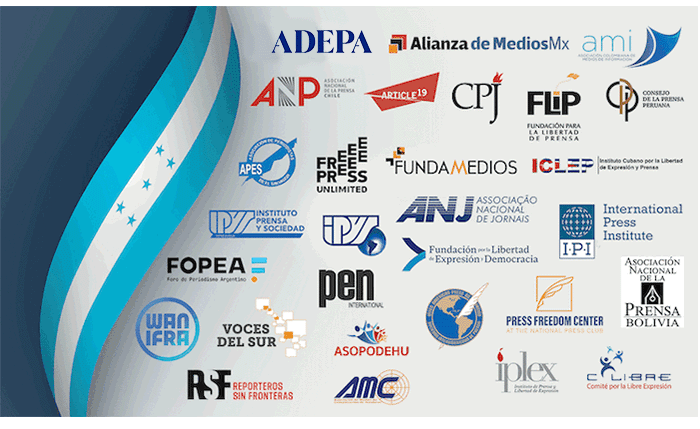Guatemala City (January 26, 2024) – President Bernardo Arévalo of Guatemala stated on Thursday that the government "will not use tools to pursue legal action against the press," while emphasizing that "freedom of expression is a priority on the national government's agenda, " during a meeting with a delegation from the Inter American Press Association (IAPA) and the Committee to Protect Journalists (CPJ).
The mission of the two international organizations, led by IAPA President Roberto Rock and CPJ Program Director Carlos Martínez de la Serna, met for an hour with the newly inaugurated Guatemalan head of state in the National Palace of Culture, in the Guatemalan capital.
The delegation also included other IAPA authorities such as its first vice president, José Roberto Dutriz; the president of the Executive Committee, Gabriela Vivanco, and executive director, Carlos Lauría. The delegation is in Guatemala this week to assess the state of press freedom in the country after a dark period for local journalism, marked by systematic criminalization of journalists by the Public Ministry and a sector of the judiciary.
"The decision of President Arévalo to grant a meeting to international organizations whose main mission is the defense of freedom of expression less than two weeks after taking office is a clear signal of the importance that his government assigns to the protection of journalism and the promotion of human rights," stated Rock.
"The meeting was extremely productive, and Arévalo expressed his commitment to changing the dynamics of recent years, pervaded by judicial persecution against journalists, stigmatization, constant harassment of critical voices, and the suppression of information in the absence of the rule of law," he added.
The mission included a visit to José Rubén Zamora, founder and president of elPeriódico, who has been imprisoned in the Mariscal Zavala military jail since July 2022 for his investigative journalism on corruption amid a process riddled with flaws and irregularities, in direct in retaliation for his critical reporting.
Arévalo emphasized that Zamora's case is "emblematic" of the political persecution the journalist faced for his exposes. He mentioned that while his government does not have the authority to release him, he hoped that in the next hearing, Zamora would be granted alternative measures to continue legal proceedings under house arrest.
Arévalo's government decided to lift the restrictions on Zamora, and the Minister of Governance, Francisco Jimenez, visited him in prison the day after taking office. Zamora recounted to the mission the blatant violations and methods of psychological and physical torture he endured during his prolonged imprisonment.
"There is no legal justification for him to spend another minute in prison," expressed Martínez de la Serna from the CPJ. "First and foremost, Zamora should never have been imprisoned but should face his absurd accusation in freedom. It's been too long; Zamora must be released to be with his family," he added.
Last October, the IAPA expressed satisfaction with the decision of the Second Court of Appeals in Guatemala to annul Zamora's six-year prison sentence and order a new trial, set to begin on February 5. The CPJ urged Guatemalan authorities to respect Zamora's right to a fair trial in his new process. Due to political and economic pressures, elPeriódico ceased operations on May 15, 2023. The special rapporteur for freedom of expression of the Inter-Amercan Commission on Human Rights (IACHR) has requested an on-site visit to supervise the precautionary measures granted to Zamora by the IACHR.
In response to the IAPA's invitation to sign the Chapultepec and Salta declarations, the president committed to analyzing them more thoroughly with his legal team to ensure alignment with the country's legal framework. He indicated that he saw no issues with signing them within a reasonable timeframe.
During the conversation with the IAPA and CPJ, Arévalo also emphasized the importance of moving away from the blockage and concealment of information that defined the previous administration, promoting a system with much broader and transparent access for the benefit of democracy.
He was also emphatic in stating that his government would "dust off" mechanisms for the protection of journalists and human rights defenders that had been paralyzed since the government of Jimmy Morales. He claimed that it is essential to ensure that journalists can carry out their work without fear of reprisals, especially in the country's interior where there are no minimum safety guarantees for the press.
IAPA is a non-profit organization dedicated to defending and promoting freedom of the press and expression in the Americas. It comprises more than 1,300 publications from the western hemisphere and is based in Miami, Florida, United States.
CPJ is an independent, non-profit organization that works to safeguard press freedom around the world.








